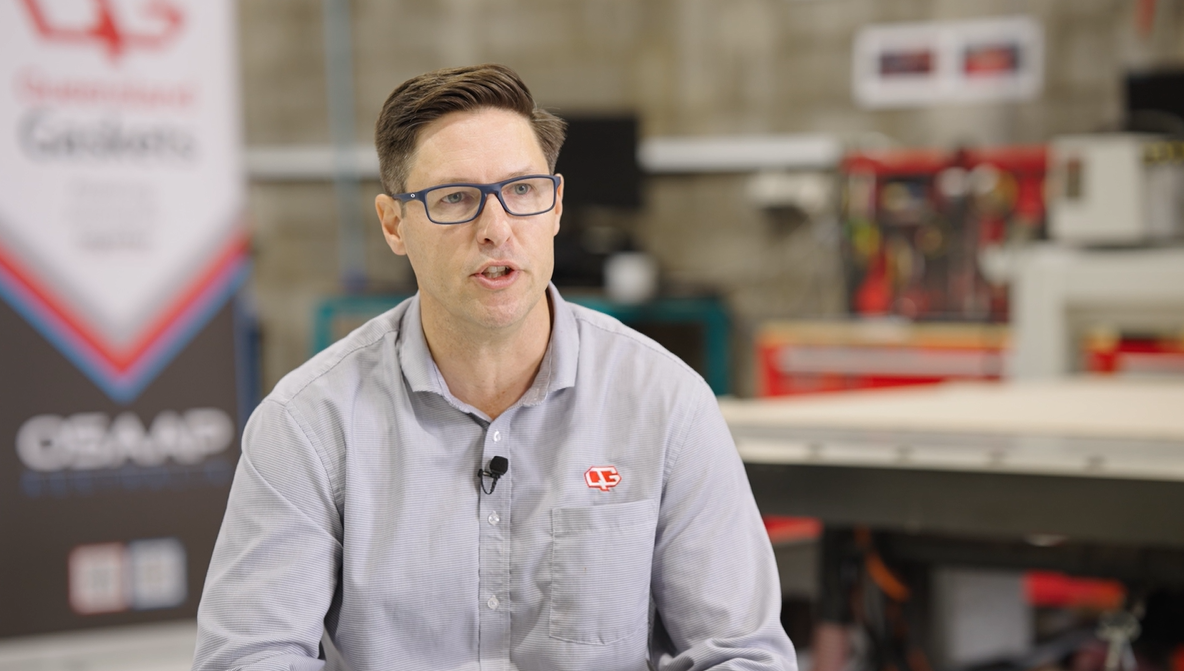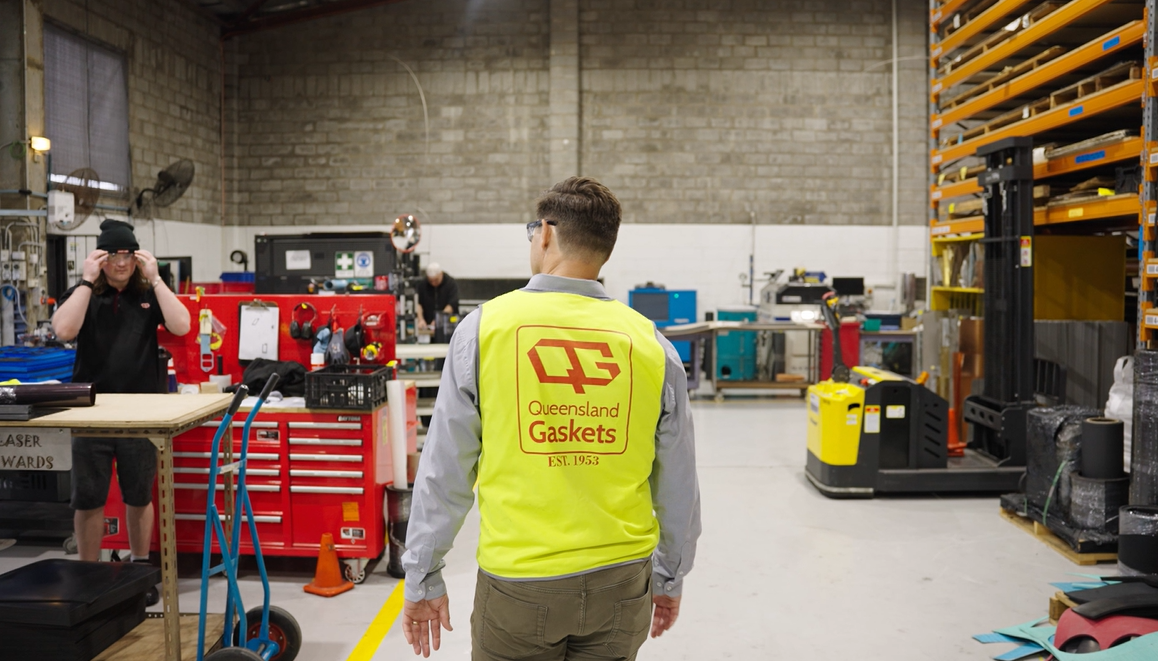In this exclusive interview, Carl Quarterman, Managing Director of Queensland Gaskets shares how 2024 became a defining year in their 70-year journey. By investing in advanced machinery and expanding into new markets, they have not only enhanced their operations but also strengthened their position in the manufacturing industry. With the acquisition of OSAAP Australia, the company is blending its long-standing expertise with modern innovation to deliver next-level solutions for industries like aerospace, defence, and medical.
2024 was a big year for Queensland Gaskets. You enhanced your operations and ventured into new markets. Can you share what drove this expansion and what the recent acquisition of OSAAP Australia means for your group of businesses?
“Our expansion into new markets has been driven by a desire to diversify our offerings and meet the evolving needs of our clients. We invested in some precision machinery that allows us to serve our customers better, faster and work on multiple projects at the same time without affecting the delivery date.
The acquisition of OSAAP Australia has enabled us to enhance our capabilities, particularly in high-end production for sectors like aerospace, aviation and medical. By combining the traditional expertise and capabilities of Queensland Gaskets with the modern, high-tech capabilities of OSAAP Australia, our group is becoming more versatile and adaptive. This synergy not only broadens the scope of what we can achieve but also enables both businesses to support each other’s growth, driving innovation and achieving mutual success.”

Queensland Gaskets became the winner in the Established Family Business Award for Queensland this year. What does this recognition mean to you, and how does it reflect the legacy of 70 years as a family-owned business in manufacturing?
“Winning the Queensland Established Family Business category is a tremendous honour, reflecting the hard work and dedication of our team over the past 70 years. Most importantly, it recognises three generations of family leadership, alongside the families and employees who have supported our manufacturing journey.
Now, more than seven decades on, we recognise how crucial it is to keep up with technological advancements while maintaining ongoing team skills development. People remain at the heart of what we do because our team is the driving force behind our success. We believe that combining investment in cutting-edge technologies with investment in our people is essential—not only to stay competitive but to ensure we continue delivering the high-quality solutions our customers expect. This balanced approach allows us to remain agile and forward-thinking while staying true to the values that define us as a family-owned business.”
Could you share your insights on Queensland Gaskets’ involvement in defence through your active membership in AIDN? How do you see this contributing to the development of sovereign capabilities in Australia?
“Our active involvement with AIDN has been instrumental in strengthening Queensland Gaskets’ contribution to Australia’s defence capabilities. As a Tier 3 supplier into the Defence supply chain our networking and ability to partnership, have been key to building relationships with prime contractors and partners. Through AIDN we have gained deeper insights into defence industry requirements, and by working collaboratively with AIDN and other industry stakeholders, we are positioning ourselves to deliver innovative solutions that meet the stringent demands of the defence sector.”

What are your thoughts on the current state of manufacturing capabilities in Australia? Have you observed any significant movements or trends that are shaping the industry’s future?
“Australian manufacturing is at an exciting crossroads. We’re seeing a resurgence in local production, driven both by innovation and focus on quality, as well as delivery on time. The move towards advanced manufacturing techniques, including automation and digital transformation, is incredibly promising. At Queensland Gaskets, we’ve experienced firsthand how investing in manufacturing process development—particularly through LEAN methodologies—can transform operations. LEAN is about eliminating waste, streamlining workflows, and maximising value for the customer. For businesses, it means not just improving efficiency but also creating a culture of continuous improvement that drives long-term growth and competitiveness. By adopting such practices, we ensure our processes remain robust and adaptable, enabling us to meet global standards and deliver outstanding results. Looking ahead, we see significant opportunities for Australian manufacturers who embrace these transformative practices, particularly in developing sovereign capabilities and strengthening domestic supply chains.”
As we look towards 2025, what are the key focus areas for Queensland Gaskets and OSAAP? Can you give us a glimpse into any exciting plans or initiatives on the horizon?
“As we head into 2025, we remain dedicated to supporting our traditional sectors. Queensland Gaskets has benefit from a diverse range of customers in Mining, Construction, Food & Beverage, Electronics, Water and General Engineering. Over the last 5-10 years we have seen significant expansion into the defence and aerospace markets. This expansion has broadened our offerings and can now provide even greater value and support to our diverse customer base in these industries, though many are not yet fully aware of the additional solutions we can deliver. To address this, we are focusing on promoting our capabilities and skills—highlighting the differences in cutting techniques and showcasing how our practices can enhance our customers’ services and operations.
A key priority for us is integrating sustainability into our operations, from sourcing materials responsibly to improving energy efficiency in our processes. We believe, and some of our customers are demanding that embracing sustainable manufacturing practices is not only the right thing to do for the environment but also essential for long-term business resilience. Exciting plans include the adoption of advanced materials and technologies, as well as exploring innovative ways to reduce waste and improve supply chain efficiency.”




